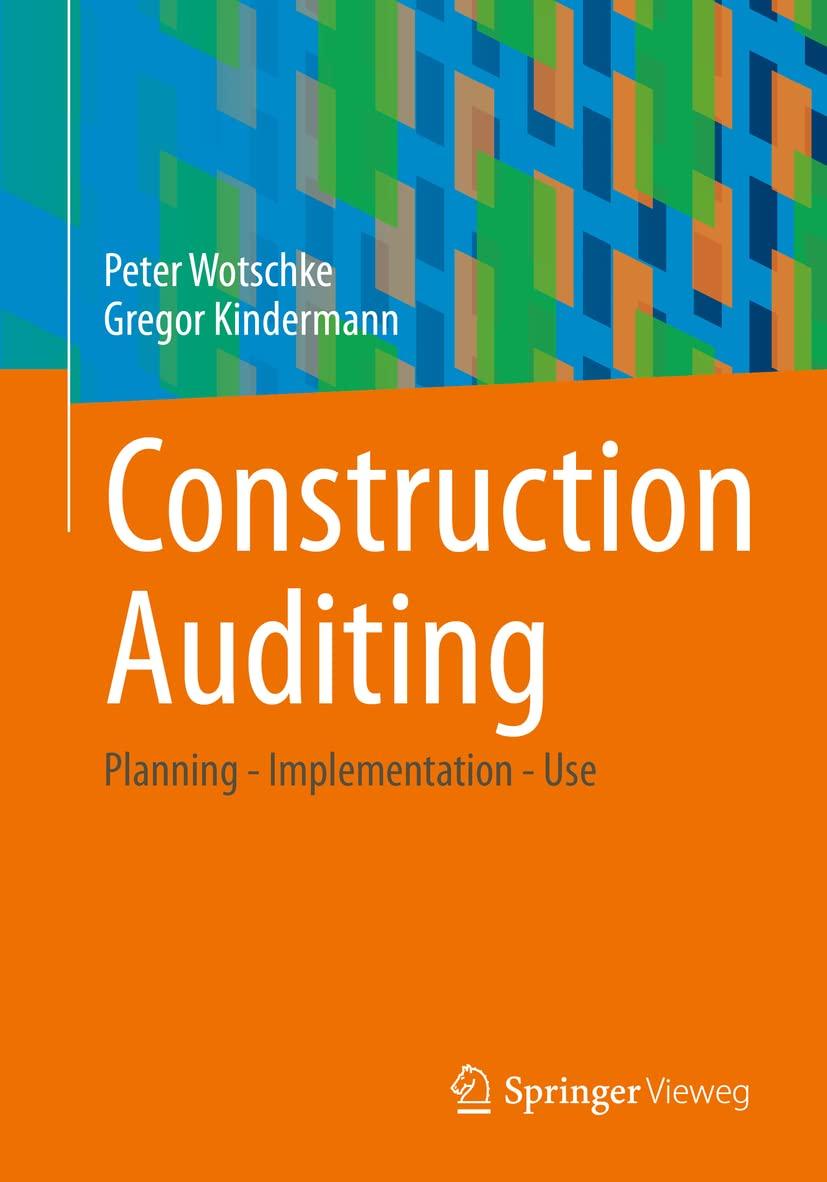Question
You have just graduated with your MPA and landed a job as an assistant to the City of Phoenix manger. The City of Phoenix and
You have just graduated with your MPA and landed a job as an assistant to the City of Phoenix manger. The City of Phoenix and GCU are collaborating to enact a quarter cent sales tax in order to extend the light rail down Camelback, making a stop at the main entrance of the campus.
Describe the various stakeholders involved in this project with whom you may need to build trust.
Describe all the factors you should consider when taking on this goal.
Explain how you can use your knowledge of these factors to build trust with the various parties involved.
Recommend best practices to build trust with all stakeholders involved. Use two to three scholarly resources to support your explanations.
Hausman and Johnston (2010) define trust as confidence in the integrity and reliability of another party, rather than confidence in the partners ability to perform a specific action. They also state that trust between partners constitutes one of the key factors for becoming long-term partners. Chao et al (2013) describe trust as an important factor in relationship exchange and Kwon and Suh (2004) suggest trust is a central feature of a strategic partnership. Nyaga et al (2010) suggest trust refers to the subjective belief that partners in a relationship will fulfill their obligations and thus positively influence both parties in a relationship. Trust exists where one party has confidence in the others reliability and integrity (Morgan and Hunt, 1994) and Tangpong and Ro (2009) suggest trust is the major differential component in facilitating relationship continuance.
Chao et al (2013) suggest a number of factors that lead to trust include:
communication and information sharing;
the perceived benefits by parties;
relationship tenure the more long term a relationship is the more likely that trust will exist; and
asset specificity the transferability of assets that support a given transaction, in other words if a relationship involves the transfer of assets or investment in assets in a partner to support a piece of work then this is a visible and demonstrable level of commitment that builds trust.
Chao et al (2013) also suggest that behavioural uncertainty kills trust, but rather if we are consistent, at both an individual and organization level, we can build trust. Poor information sharing leads to behavioural uncertainty, but also consistency is about being predictable and always acting in the same way, in line with some definition of good practice, an organizational code of conduct or personal beliefs. Consistency is a source of personal power; if someone is consistent you know where you stand with them and know what is or is not appropriate. In my career, the people I have respected the most are the ones who were always consistent and fair. The same is true of relationships with suppliers, if we are consistent in our dealings with them they will trust us more, even if they dont get the result they seek. Here our egos can get in the way. Imagine a supplier who flatters us and builds a strong rapport, then the supplier becomes a bit closer than they were previously and gets into a position to help us determine what we need so they are lined up. Here we have in fact given the supplier the power. Instead, being consistent here, perhaps by never faltering from a predictable set of behaviour that would rebuff this attempt or always following a prescribed code of conduct, then we retain the power of the relationship. The supplier may fail to get what they want, but the process will build trust. Furthermore, consistency is compromised by individualism. Individualism is culture specific, but is the degree to which we act for the benefit of ourselves (as opposed to society or a collective group). In all relationships people make irrational decisions (King, 2012) and individualistic behaviour fuels this, but if we are visibly acting on behalf of a company and all our actions are always aligned with a more collective objective and behaviour then this demonstrates consistency which also builds trust.
So trust is pretty fundamental to strategic relationships. Trust tends to operate between individuals but shapes the overall culture of a firm we may feel entirely comfortable with an informal arrangement between our firm and another, yet this comfort will be based upon a degree of trust with one or more key individuals. If trust exists then this in turn has a positive impact on a relationship. Trust builds commitment (Chao et al, 2013) and helps relationship tenure and continuity by positively reducing the likelihood of the relationship being dissolved (Tangpong and Ro, 2009).
Finally, sharing by individuals is key to building effective strategic relationships. Communication is called out as an enabling factor for the organization, but at an individual level we need more than communication, we need sharing where individuals proactively and freely exchange information that is both relevant and appropriate to the relationship. This might seem obvious yet actually remembering to do this day-to-day can in practice be difficult and so requires us to adopt a sharing mindset. This only happens if we believe in the relationship and make a clear and conscious effort to share what is important.
Step by Step Solution
There are 3 Steps involved in it
Step: 1

Get Instant Access to Expert-Tailored Solutions
See step-by-step solutions with expert insights and AI powered tools for academic success
Step: 2

Step: 3

Ace Your Homework with AI
Get the answers you need in no time with our AI-driven, step-by-step assistance
Get Started


